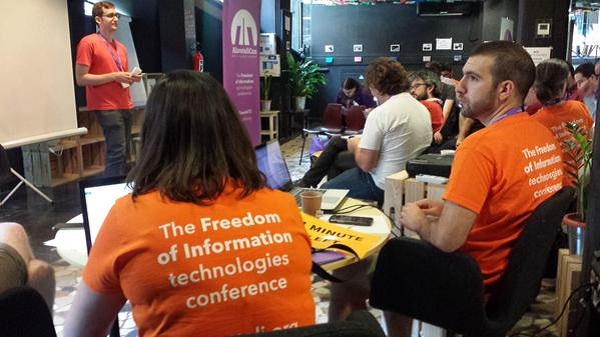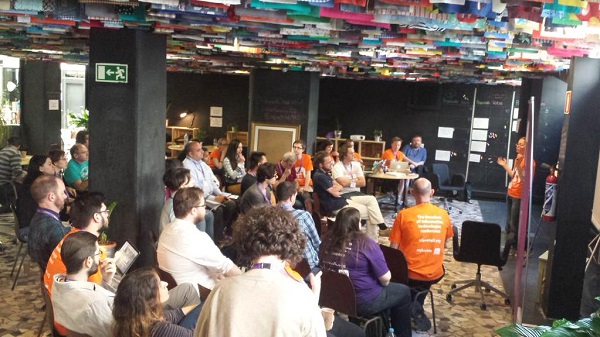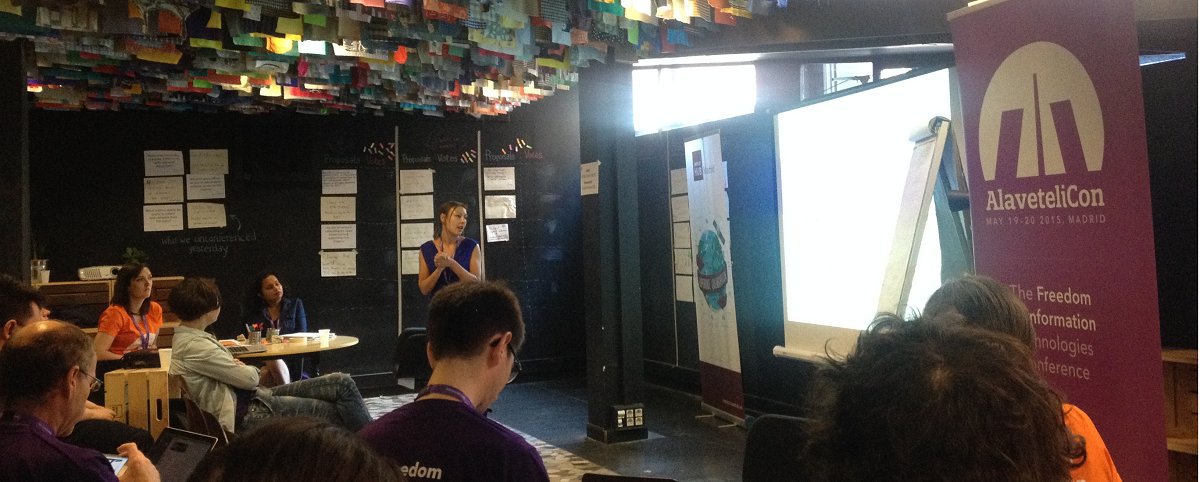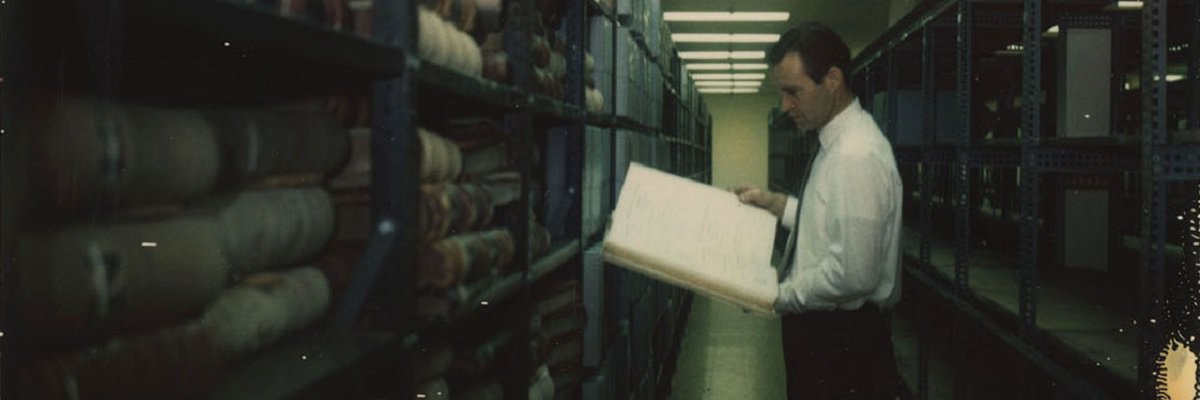Before Spain even had a Freedom of Information law, it had Tu Derecho A Saber (“Your Right to Know”), a public records request website not dissimilar from the service MuckRock provides. Since the launch of Tu Derecho A Saber, Spain has become the last major Western European country to adopt a FOI law — albeit one that - like many around the world and here at home - comes with some serious caveats but is, nonetheless, a reason for optimism.
Tu Derecho A Saber is one of over a dozen websites based internationally — from Uruguay to Ukraine, Bosnia to Brazil — that runs on the Alaveteli platform. One of the many projects run by the UK-based open government group mySociety, Alaveteli’s software enables individuals — largely volunteers — to establish public records portals in their countries. They submit requests to their government, capture their communications publicly online, and facilitate and advocate for stronger and more popular accessibility to the records created by the powers that be.
Last week, I had the good fortune of joining these Freedom of Information warriors in Madrid, España for AlaveteliCon 2015. In two days of FOI FYI, over two dozen representatives of various Alaveteli-based websites and other similarly-minded servers — like MuckRock in the USA (where the prevalence of snail mail hinders internet-only FOI) and Germany’s FragDenStaat — talked FOI at home, abroad, successes and stresses.
 Photo via Helen Darbishire
Photo via Helen Darbishire
Obstructionist techniques are ever-present in the battle to wrest government information from the hands of its holders, but the degrees to which they can be abused, the access to recourse one has, the obstacles caused by other basic lapses in infrastructure and interest — the variability of these factors projected a stark light onto the importance of a global community of information access.
In the United Kingdom, What Do They Know, the original site from which the Alaveteli platform grew, has facilitated the filing of hundreds of thousands of requests. FOI culture seems to have taken a healthy root. Yet that does not ensure its continued protection - Tony Blair has expressed regret at having supported the FOI law during his tenure as prime minister, and the UK now fears restrictions on the law after a drawn-out court battle for Prince Charles’s emails racked up a bill of 250,000 pounds.
 Photo via Helen Darbishire
Photo via Helen Darbishire
Uganda and Rwanda face, among other issues, communication obstacles — low internet penetration, prevalent text messaging use, and unsuited radio regulations. The question of how to provide a FOI service goes beyond providing a tool and into advocating for other necessary infrastructure, all the while tiptoeing through government suspicions raised by an involved outside community.
In countries like Israel and Malaysia, an initial submission fee is an obvious deterrent. Threats to FOI abound, not least among them a dearth of awareness among the citizenry. Across the board, the relationship between citizen requesting and journalistic inquiry remains an important one to parse.
So much discussion was given to how to fulfill the multi-mission of these enablers. Socially, how do we encourage understanding of these rights, their importance to individuals and the connectedness of society? Functionally, how do we facilitate usefulness of the law and the usefulness of the site? And, practically, how do we gather the funds to keep doing this work?
Yes, two hundred and fifty years after Sweden passed the first modern FOI law — at the encouragement of Anders Chydenius, one-time curate of the town of Alaveteli, for which the platform is named — the internet is helping to make FOI a reality in disparate corners of the world.
For a full recap of AlaveteliCon, check out the Storify here. If you’re interested in knowing more about any of mySociety’s project’s or organizations using Alaveteli to make records abroad easier, please check them out. And support citizen access to information at home by submitting your own request on MuckRock.



